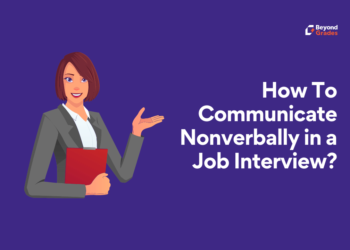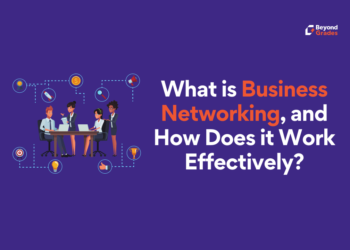[ad_1]
Career planning puts you in a critical phase of life. Unfortunately, people in their professional lives often skip this step. Planning your career implies taking charge of your work trajectory rather than leaving it to chance. This essay will assist you in making a viable career strategy.
Here are some benefits of career planning.

Focus:
To have clarity of a path to follow, it is essential to enlist the help of career planning. It helps you focus on the exemplary aspects and lets you avoid feeling lost. People with planned careers are generally more focused and ambitious throughout their lives.
Time and energy-conserving:
Planning your career allows you to avoid pursuing a profession that does not match your strengths and talents. The sooner you begin planning, the better.
Confidence:
Career planning makes you sit on the front controlling seat on your career’s journey. And lets you make confident choices for your future endeavors.
Figured goals:
Career planning makes it simpler to identify personal objectives and ambitions. It is usually preferable to pursue your dreams than to labor aimlessly.
Should I get a job already?

After the completion of graduation on your social media, it’s time for the next venture – job hunt as a fresher. You have a lot of firms in mind, and you’ve even contacted a couple of them. Everything is going great, but there is one stumbling block in the path of gaining newer jobs: ‘fresher with at least one year experience.’ Employers end up needing someone with little competence for every advertising of a fresher-specific employment role.
So, how do you get around the dilemma of the “experienced fresher”? It is not an impossible task, and you may get work even if you have no prior professional expertise.
People used to get a job right out of high school and stay with it until they retired. Today, people have to be spry about locating new job opportunities, preferably before they’re forced to do it.
So here are some essential tips to keep your career moving onward and upward.

List your strengths:
Focus on what abilities you have recognized in yourself over your academic years and write down a list of soft skills or personality traits that you see in yourself. It could be anything from a talent to lead a group project to communicate, verbally or through writing.
Align your skills with your goals:
These strengths are reflected in your resume as the skills needed to work in a professional environment, as an individual professional, and as a team member.
Take a break from stress:
Let yourself have a few days to unwind from your sleepless exam nights before getting onto your job hunt right away. After that, you need to come back to a refreshed mental state to be prepared well for what’s coming next.
Seek help building your resume:
Creating a resume can be challenging when you think about all the information you need to share with employers. Your educational background, skills, and qualifications need to be presented in a way that will help you get selected for an interview. This is when your close friends or relatives come in handy. Inquire about their perceptions of your strengths and flaws.
Know your worth:
Planning your career is one of the most important things you look forward to as part of entering the new life. Whatever you plan to now depends on how you see your worth. Know about yourself, your skills, abilities, and up to what heights do you see yourself standing in the future.
[ad_2]
Source link









